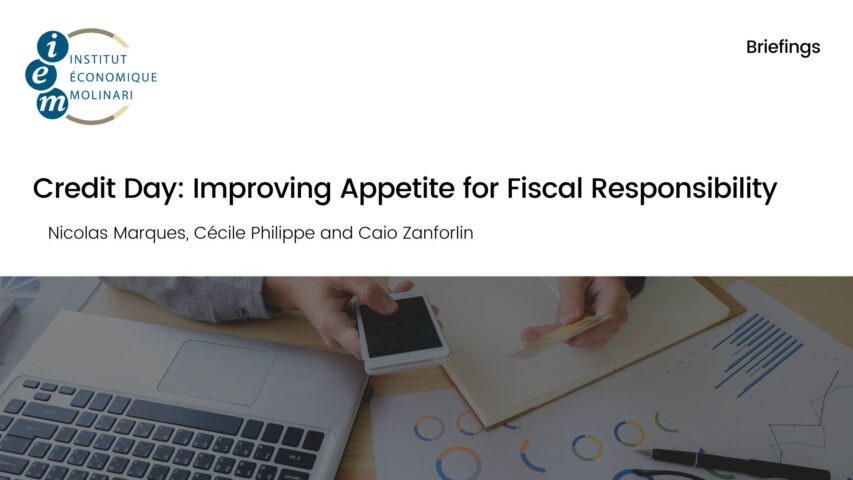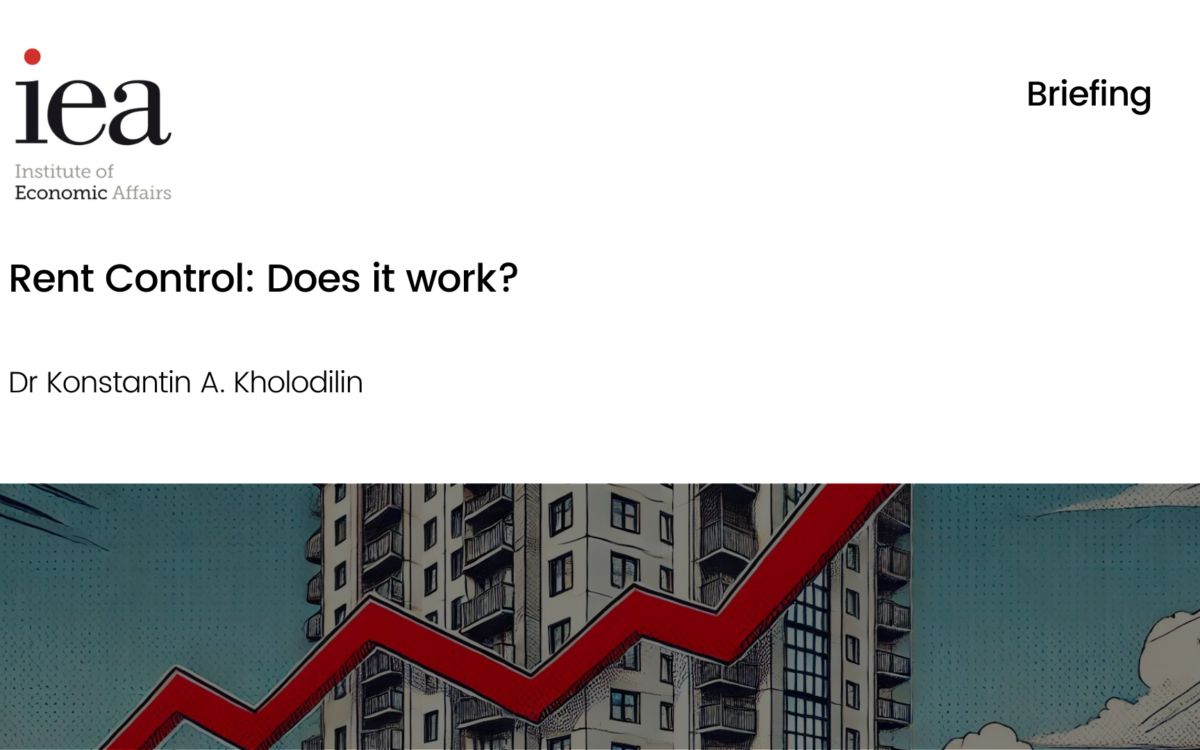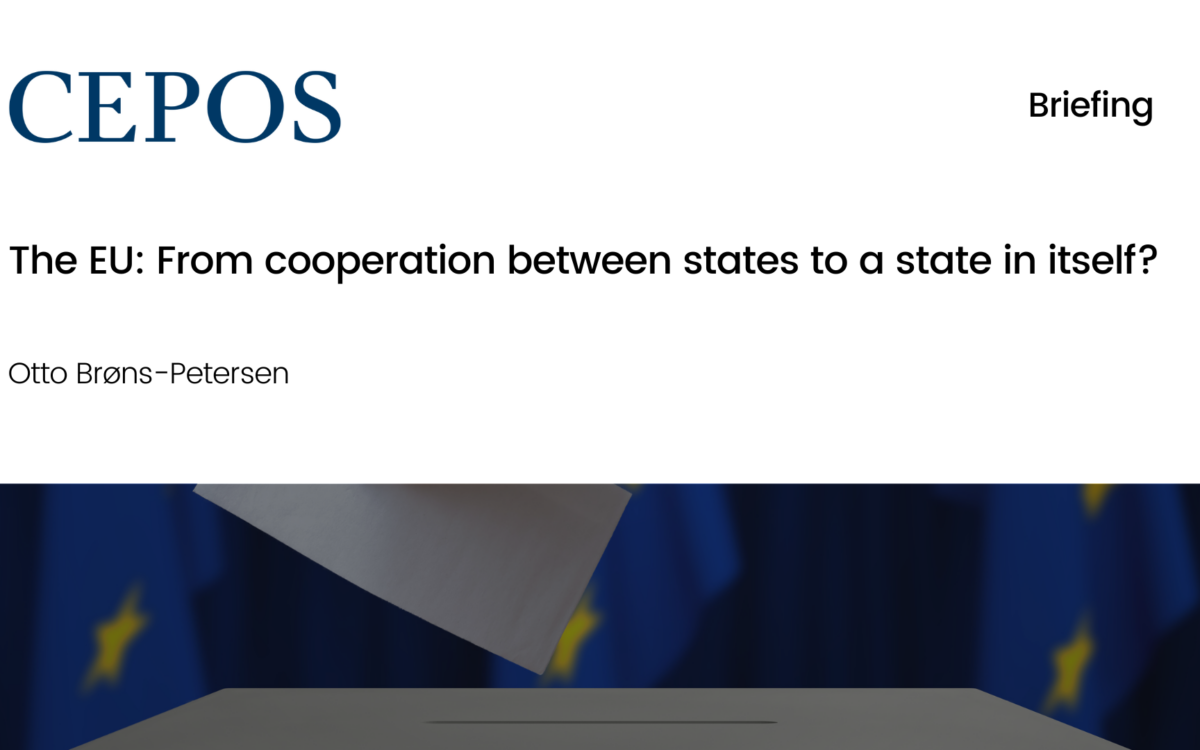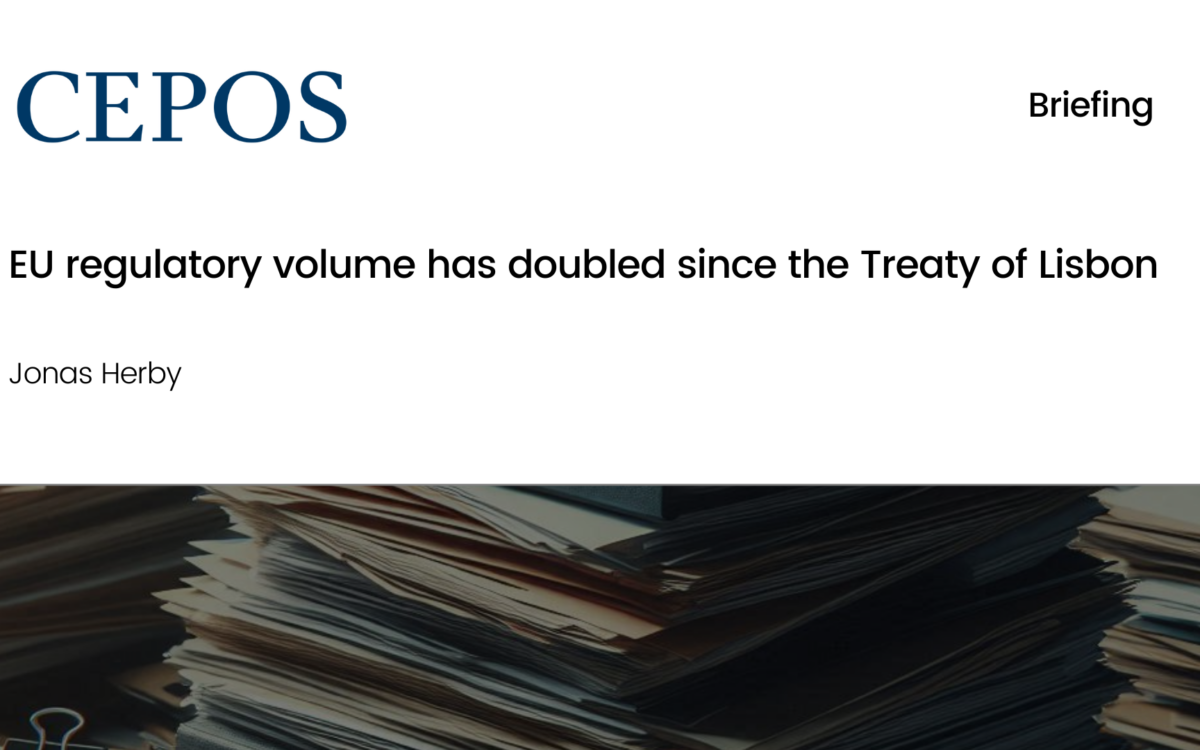Credit Day: Improving Appetite for Fiscal Responsibility

Credit Day: Improving Appetite for Fiscal Responsibility
December 2018
13 December marks Credit Day across the European Union. This is the day when, on average, European countries’ central governments exhaust their annual tax revenue and start relying on borrowed money to fulfil their functions – 18 days before the end of the year. According to a study by the Institut Économique Molinari, this is 7 days later than last year, which is a substantial improvement.
Out of the 28 EU member states, 9 managed to achieve a budget surplus. 13 countries spent their annual tax revenue by December, while 6 had already done so by November. Out of all countries surveyed, Poland exhausted its revenues first, on November 10. Malta, on the other hand, was able to rely on 2017 revenues all the way to February 4 the following year.
The data on individual countries reveals a more mixed picture. While some countries – such as Germany and Sweden – managed to save some of their tax revenue all the way into the following year, others, like Romania and France, had to start borrowing by November.
Download or share this publication
View the PDF
EPICENTER publications and contributions from our member think tanks are designed to promote the discussion of economic issues and the role of markets in solving economic and social problems. As with all EPICENTER publications, the views expressed here are those of the author and not EPICENTER or its member think tanks (which have no corporate view).



